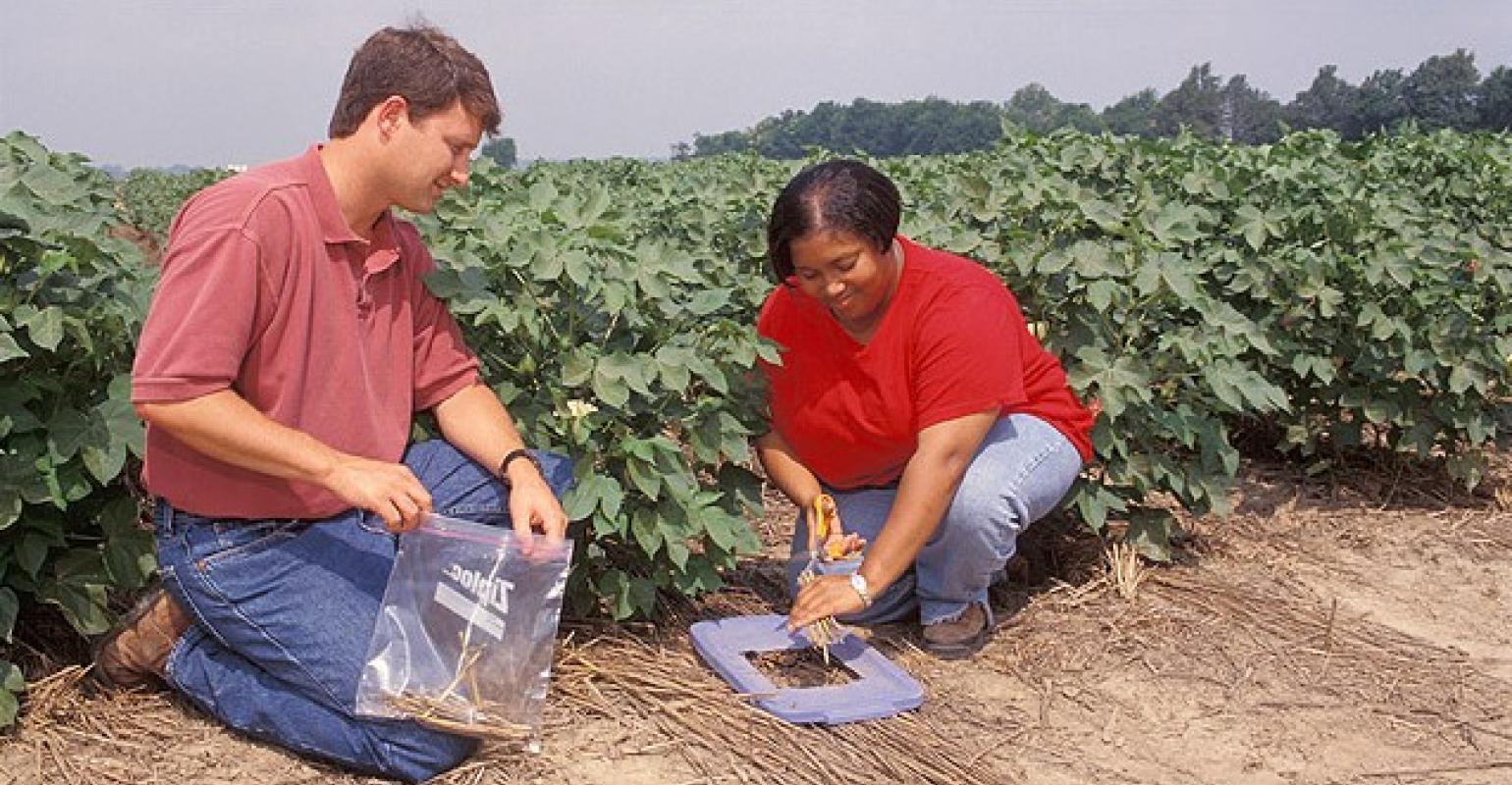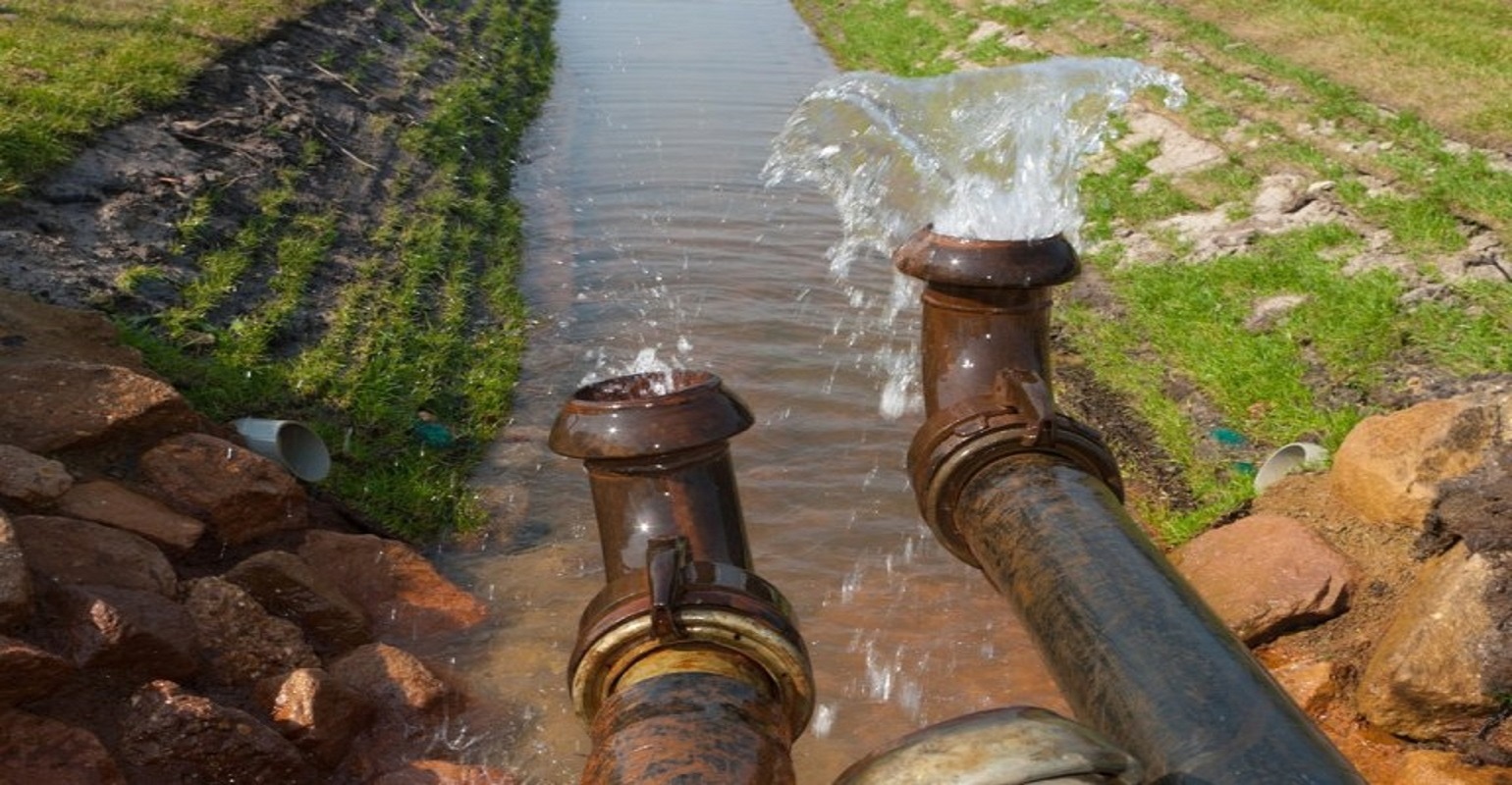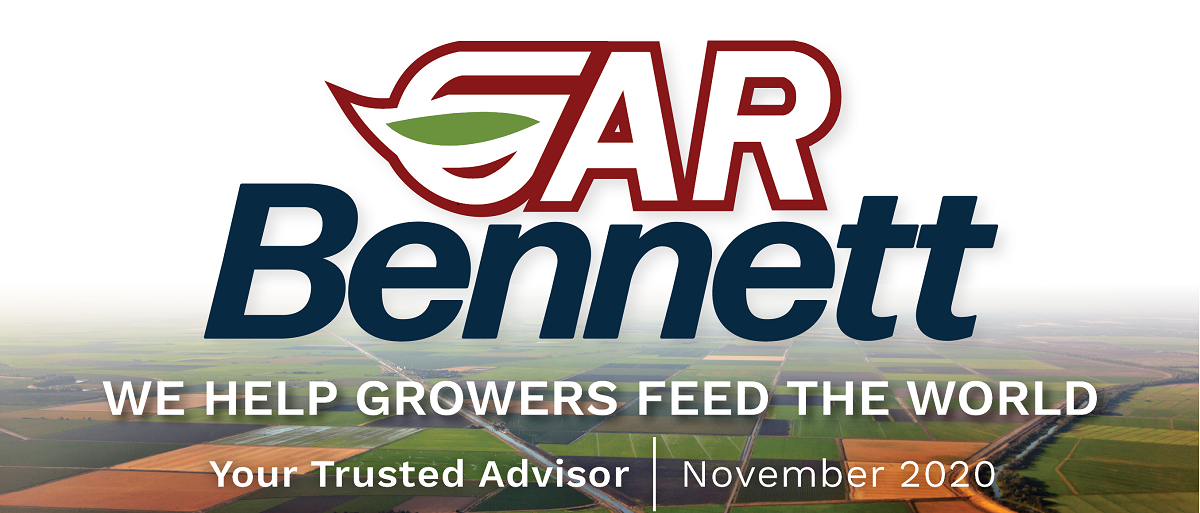
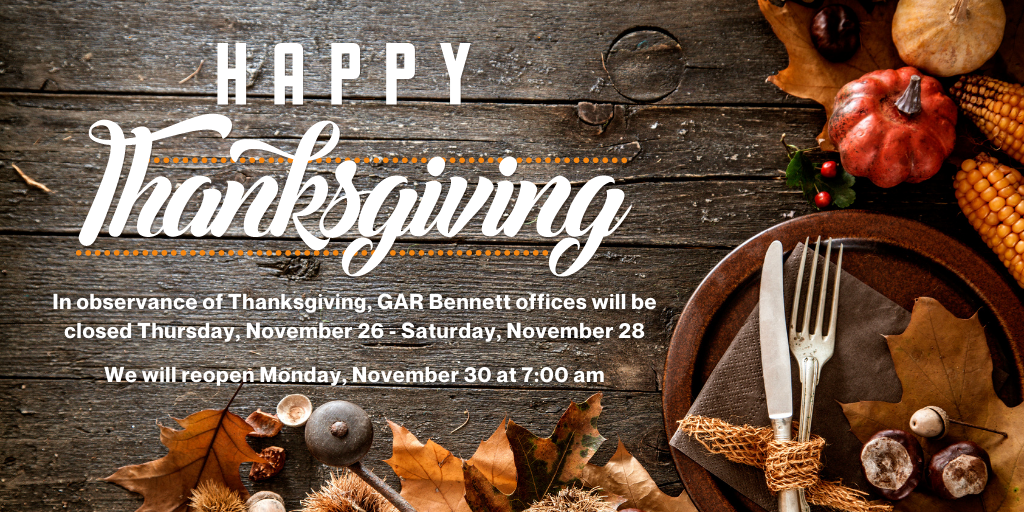
CROP PROTECTION
CROP NUTRITION
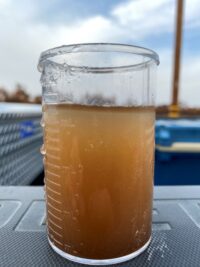
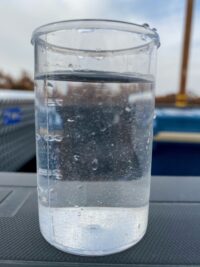
- $250 if received by January 1
- $350 if received after January 1
- $500 if received after coalition March 1 deadline
WATER SERVICES & TECHNOLOGY
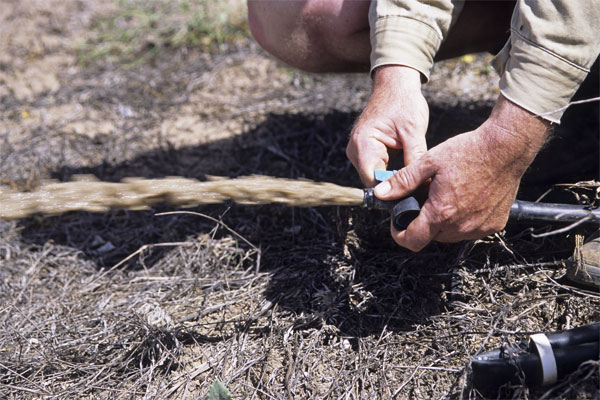
WORKER SAFETY
One of our most requested training topics at GAR Bennett is pesticide handler training. Our team customizes each training to the exact products a grower uses in their operation. This ensures each customer receives the most current information that DPR implements. November is the month where trainers will begin reiterating this important topic to make sure all applicators are up to date on the exact labels being used. This is a benefit to our growers because the employees not only get a knowledgeable and hands-on trainer, but the training is tailored to their farming operation, so retention levels remain high. This is a great time to update your product list so all applicators will be geared up for when the busy season hits, which is right around the corner. Rest easy as GAR Bennett’s trainers are staying busy adding additional topics to the list of offered topics.
FOOD SAFETY
Our food safety team is in the hustle and bustle of citrus season. This includes a few varieties that most growers don’t know can be certified, like Fukumoto oranges or citron (also known as Buddha hands). As some know, the audit process to become certified can be confusing and frustrating, causing some to lease land or even sell. GAR Bennett has removed the stress of the certification process, streamlining all aspects for our growers. We plan, prep and facilitate the audits, including water and fruit sampling. A few other services we offer are inspecting sites to make sure FSMA regulations are being followed not only on your field, but Farm Labor Contractors as well. We work hand in hand with the worker safety team, ensuring all food safety training topics are being covered on a yearly schedule. Our goal is to help growers stay in compliance with packing house needs and federal guidelines so they may continue to feed the world.
Click HERE to avoid hefty fines by contacting our food and worker safety teams.
WHAT’S HAPPENING
